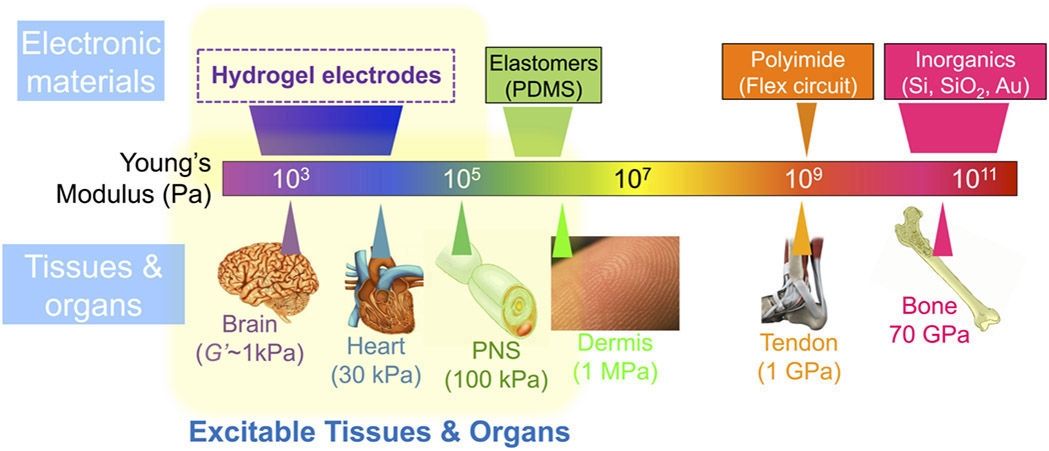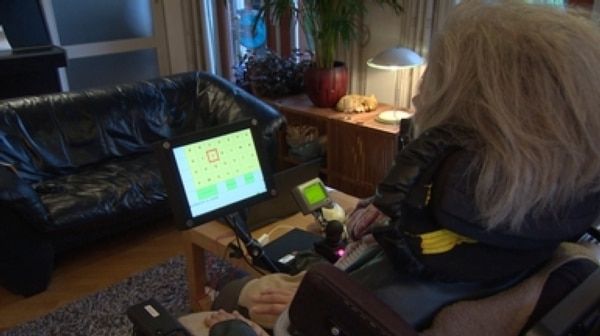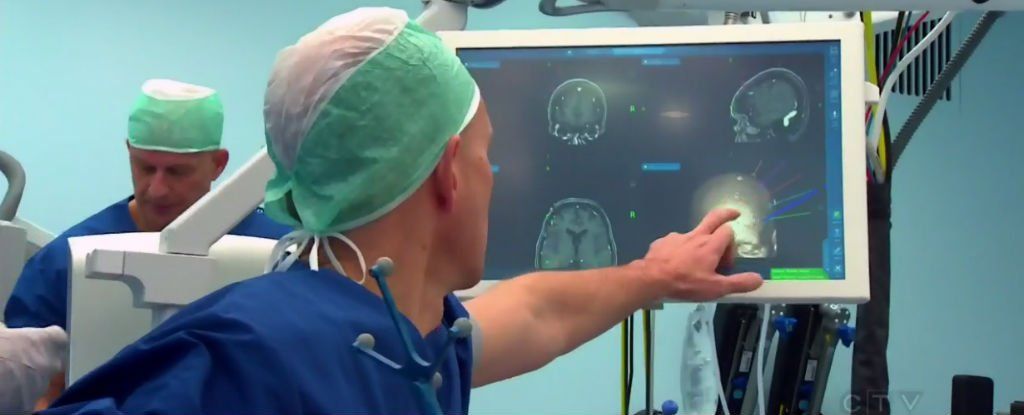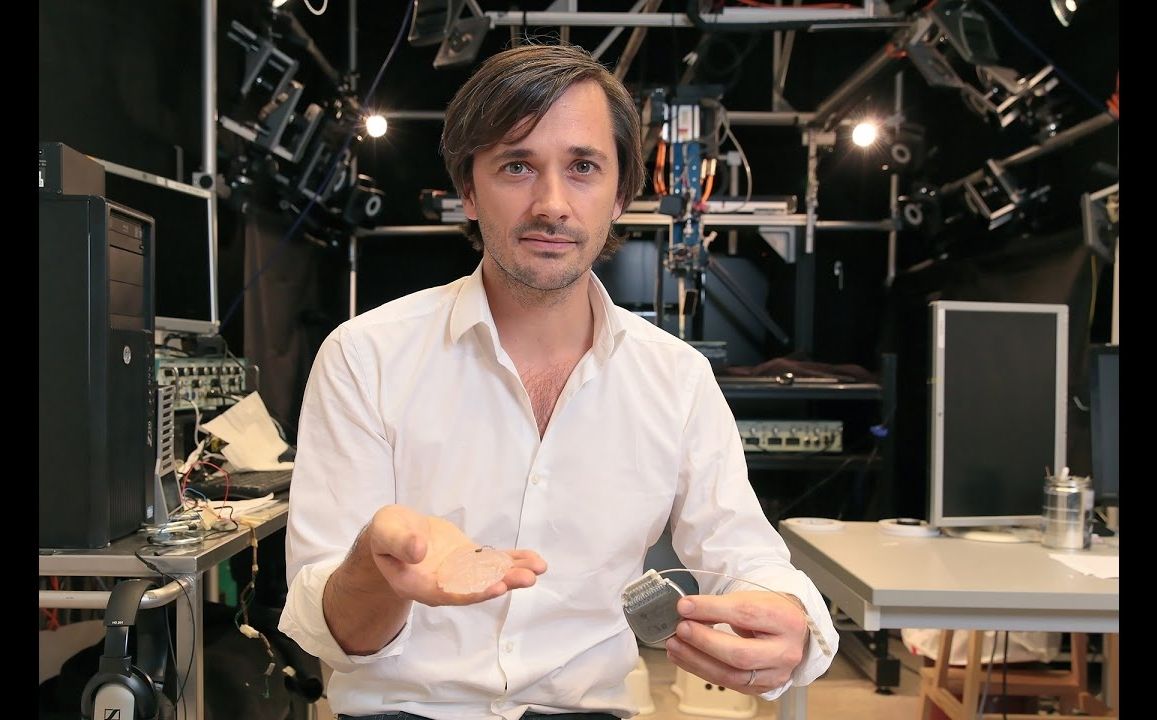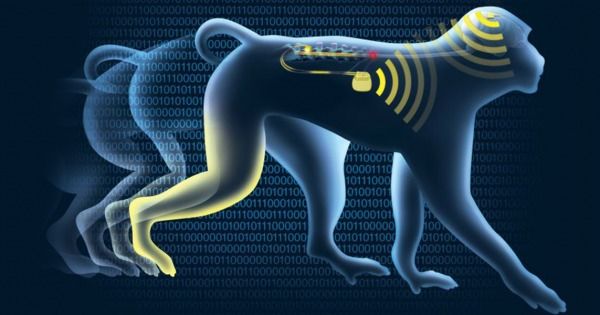Nov 17, 2016
Materials and microfabrication processes for next-generation brain-machine devices
Posted by Karen Hurst in categories: biotech/medical, neuroscience
Transfer printing microstructures onto novel hydrogel interfaces and customised composite electrodes could increase the compatibility and information transfer between body tissue and electronic devices.
Implantable devices such as pacemakers, cochlear implants, and deep brain stimulation devices enhance the quality of life for many people. Improving the integration of such devices with the body could enable the next generation of brain-machine interfaces (such as, implantable devices that can record and modulate neurological function in vivo) to monitor physiology, detect disease, and deploy bioelectronic medicines.
